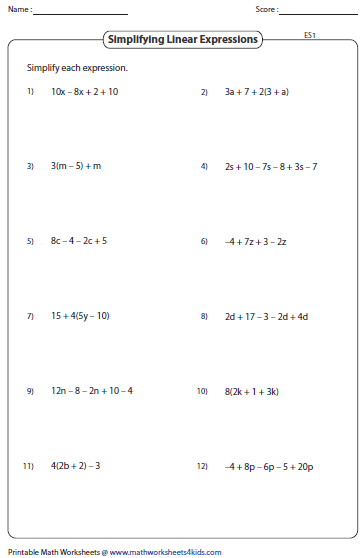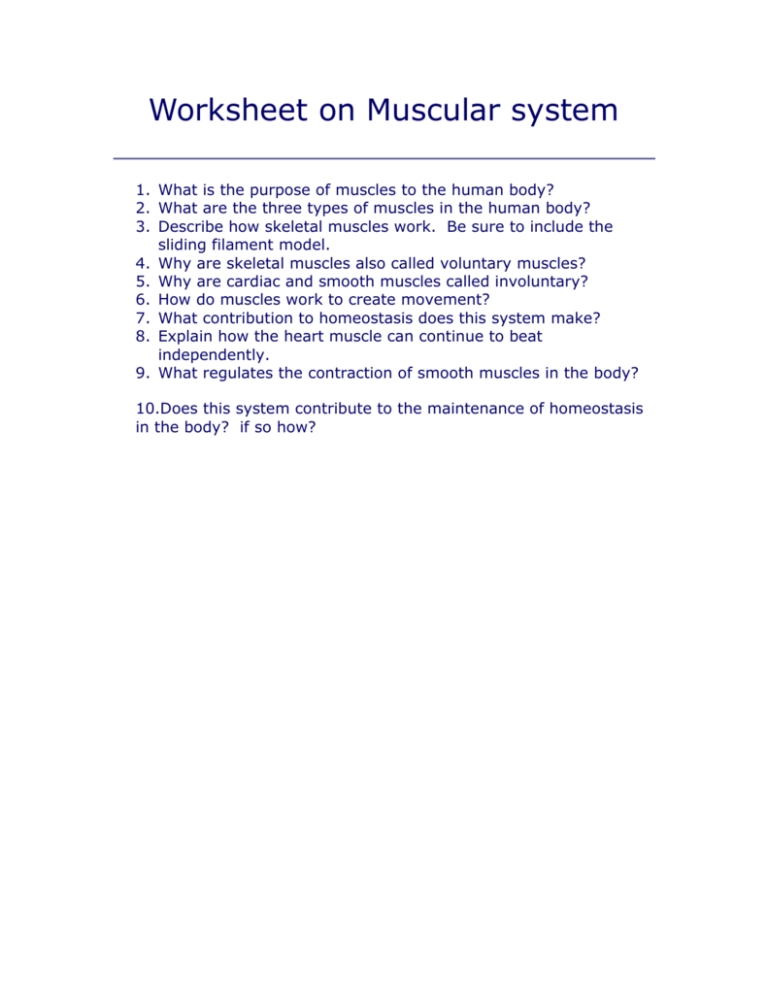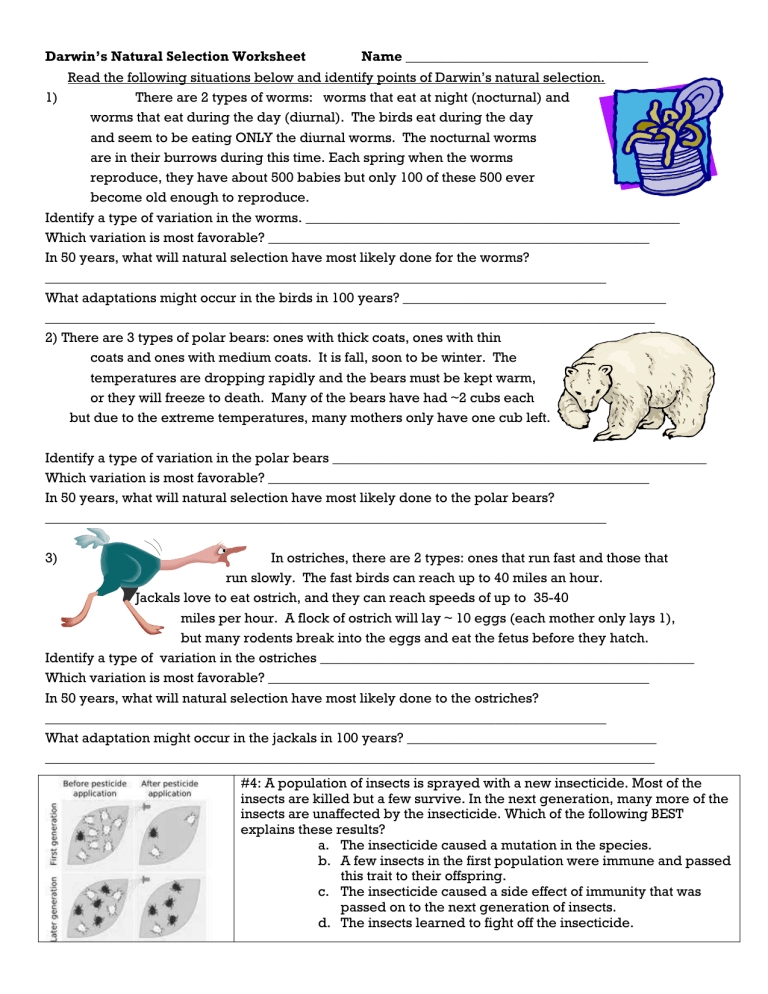7 Ways to Simplify Variable Expressions

Mastering Algebra: Simplifying Variable Expressions
Algebra can be intimidating, especially when working with variable expressions. However, with practice and patience, you can master the art of simplifying these expressions. In this article, we will explore 7 ways to simplify variable expressions, making it easier for you to tackle algebraic problems with confidence.
Understanding Variable Expressions
Before we dive into simplifying variable expressions, let’s quickly review what they are. A variable expression is a mathematical expression that contains one or more variables, which are letters or symbols that represent unknown values. These expressions can be simple or complex, involving various operations such as addition, subtraction, multiplication, and division.
1. Combining Like Terms
One of the simplest ways to simplify variable expressions is by combining like terms. Like terms are terms that have the same variable(s) raised to the same power. For example:
2x + 3x = 5x
In this example, we combined the like terms 2x and 3x to get 5x.
2. Distributive Property
The distributive property is a powerful tool for simplifying variable expressions. It states that for any numbers a, b, and c:
a(b + c) = ab + ac
For example:
2(x + 3) = 2x + 6
Using the distributive property, we multiplied the 2 to both the x and the 3, resulting in 2x + 6.
3. Removing Parentheses
Parentheses are used to group numbers and variables in an expression. When simplifying variable expressions, it’s essential to remove parentheses by distributing the numbers outside the parentheses to the terms inside. For example:
2(x + 3) = 2x + 6
In this example, we removed the parentheses by distributing the 2 to both the x and the 3.
4. Simplifying Exponents
Exponents are shorthand for repeated multiplication. When simplifying variable expressions with exponents, follow these rules:
- Product of Powers: am × an = am+n
- Power of a Power: (am)n = am×n
For example:
x2 × x3 = x2+3 = x5
5. Factoring Out Common Factors
Factoring out common factors is an excellent way to simplify variable expressions. This involves finding the greatest common factor (GCF) of the terms and factoring it out. For example:
6x + 12 = 6(x + 2)
In this example, we factored out the GCF, which is 6, resulting in 6(x + 2).
6. Canceling Out Terms
When simplifying variable expressions, you may encounter terms that cancel each other out. For example:
x + (-x) = 0
In this example, the x and -x terms cancel each other out, resulting in 0.
7. Using the Zero-Product Property
The zero-product property states that if the product of two or more factors is zero, then at least one of the factors must be zero. This property can be used to simplify variable expressions by factoring out a common factor and setting it equal to zero. For example:
x(x + 3) = 0
Using the zero-product property, we can factor out an x and set it equal to zero, resulting in two possible solutions: x = 0 or x + 3 = 0.
📝 Note: When simplifying variable expressions, it's essential to follow the order of operations (PEMDAS) to avoid errors.
In conclusion, simplifying variable expressions is a crucial skill in algebra. By mastering these 7 techniques, you’ll be able to tackle even the most complex algebraic problems with confidence. Remember to practice regularly and apply these techniques to real-world problems to reinforce your understanding.
What is a variable expression?
+A variable expression is a mathematical expression that contains one or more variables, which are letters or symbols that represent unknown values.
What is the distributive property?
+The distributive property is a mathematical property that states that for any numbers a, b, and c: a(b + c) = ab + ac.
How do I simplify an expression with exponents?
+When simplifying an expression with exponents, follow these rules: Product of Powers, Power of a Power, and simplify the resulting expression.



